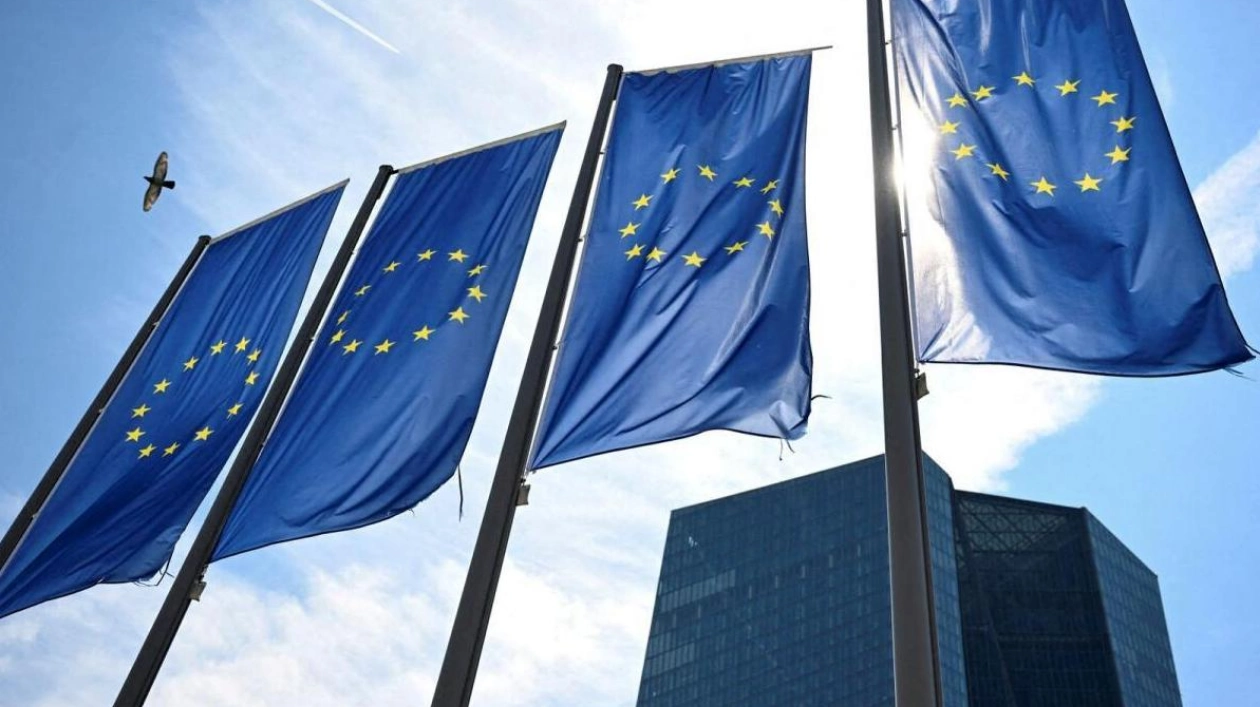Official data released on Tuesday revealed that the eurozone economy expanded at a quicker pace than anticipated in the second quarter of 2024, underscoring the region's recovery since January, despite Germany's sluggish performance. These figures are likely to bolster the European Central Bank's stance that there is no immediate need to cut interest rates again, especially after the June rate reduction. The EU's official data agency reported that the 20-country single currency area experienced a 0.3 percent growth during the April-June period, surpassing economists' predictions of 0.2 percent. This growth follows a similar 0.3 percent increase in the first quarter of the year, marking a departure from the zero growth recorded in the second half of 2023. While the stronger-than-expected growth is encouraging, concerns persist about Germany, the largest economy in Europe, which is dragging on the eurozone's overall performance. Germany's economy shrank by 0.1 percent in the second quarter. ING Bank's Carsten Brzeski noted that Germany continues to lag behind in growth within the eurozone, although a modest rebound in the second half of the year remains a possibility. However, recent data indicating a further slowdown in eurozone business activity in July, particularly in manufacturing, raises concerns about the European economy. In contrast, France and Spain, the second and fourth largest economies in the eurozone, respectively, exceeded expectations with growth rates of 0.3 percent and 0.8 percent. The ongoing Paris Olympics is expected to provide a slight boost to the eurozone economy in the third quarter of 2024. Spain's growth was fueled by exports and robust household spending, while France's expansion was driven by foreign trade and a rebound in corporate investment. Southern European countries like Italy and Portugal also saw modest growth of 0.2 percent and 0.1 percent, respectively. Additionally, the 27-country European Union's economy grew by 0.3 percent in the second quarter. Attention will now shift to the eurozone's July inflation data, due for release on Wednesday, as consumer prices continue to exceed the ECB's two percent target.

Text: Lara Palmer
30.07.2024
Despite Germany's Weak Performance, Eurozone Shows Strong Growth, Supporting ECB's Rate Stance





